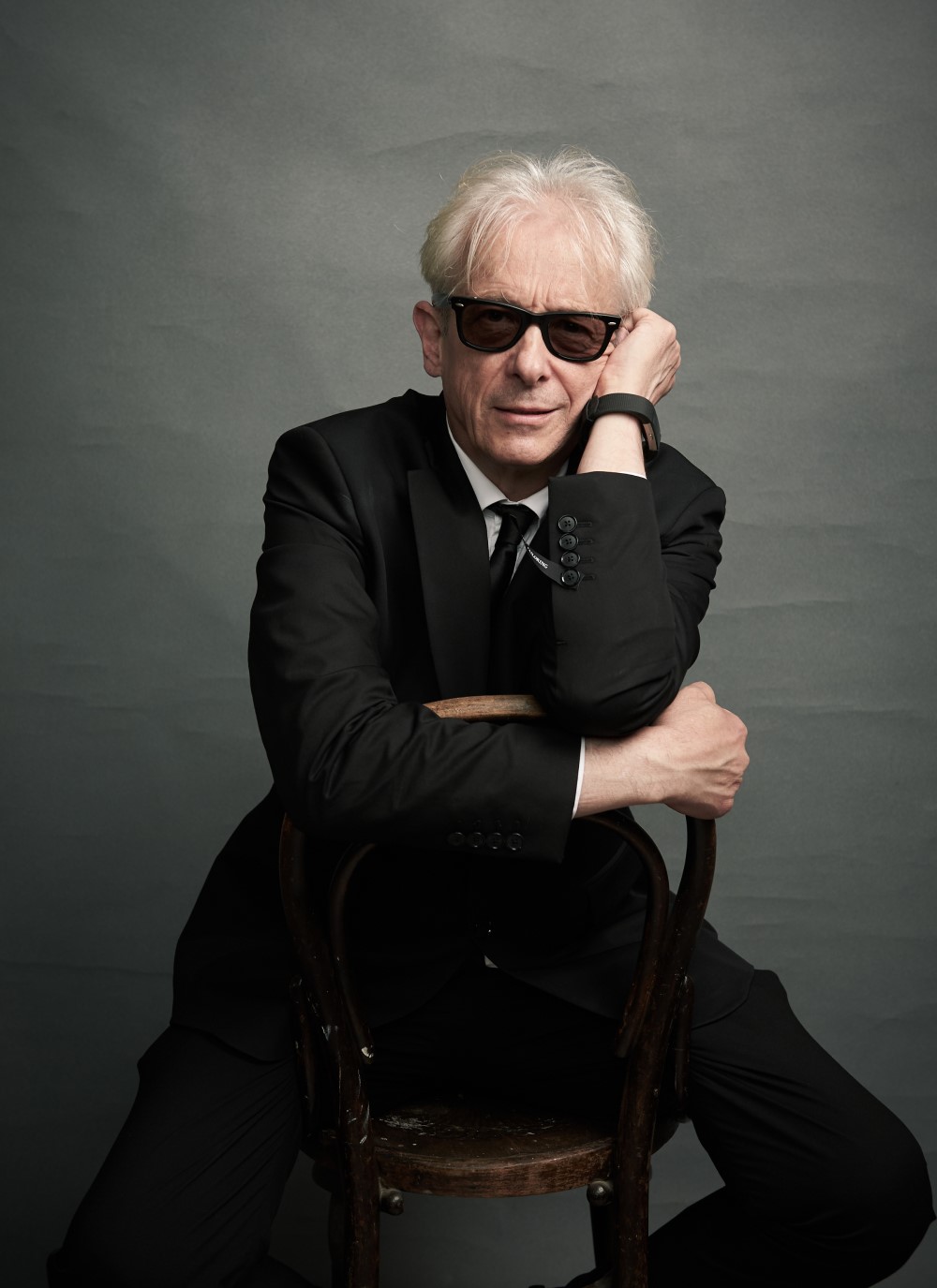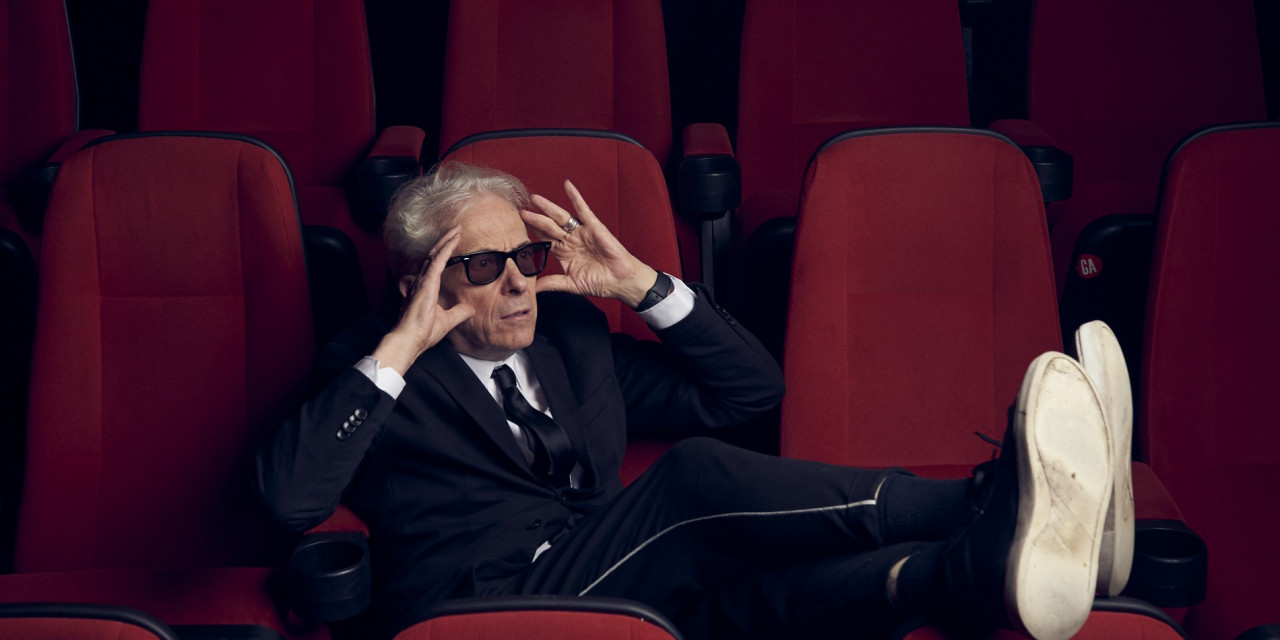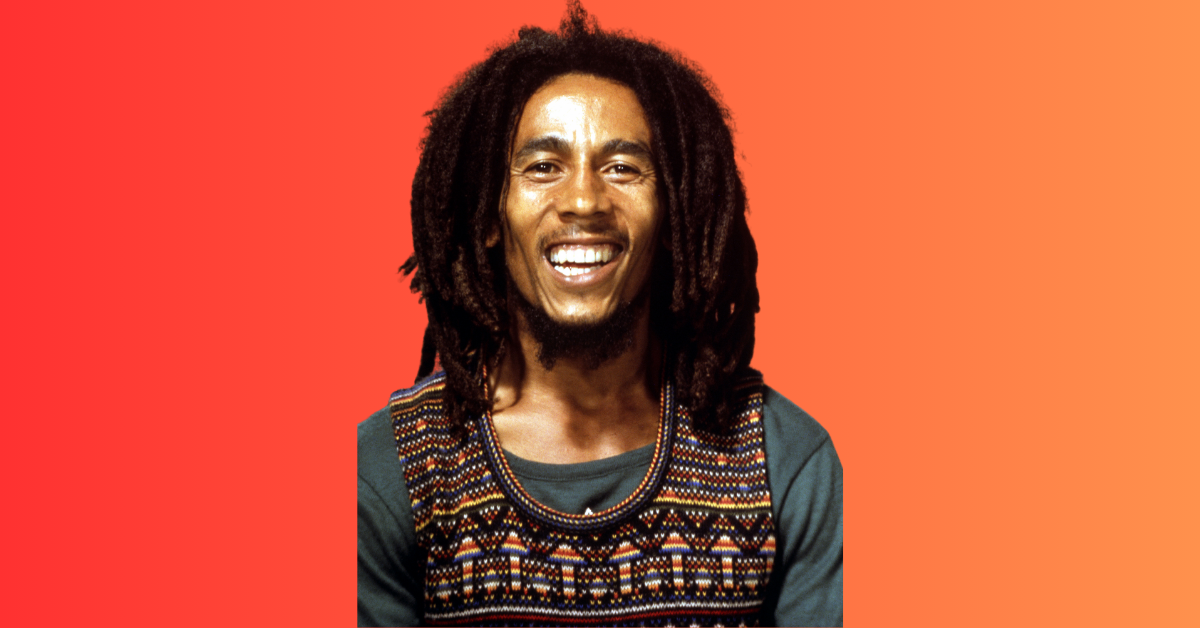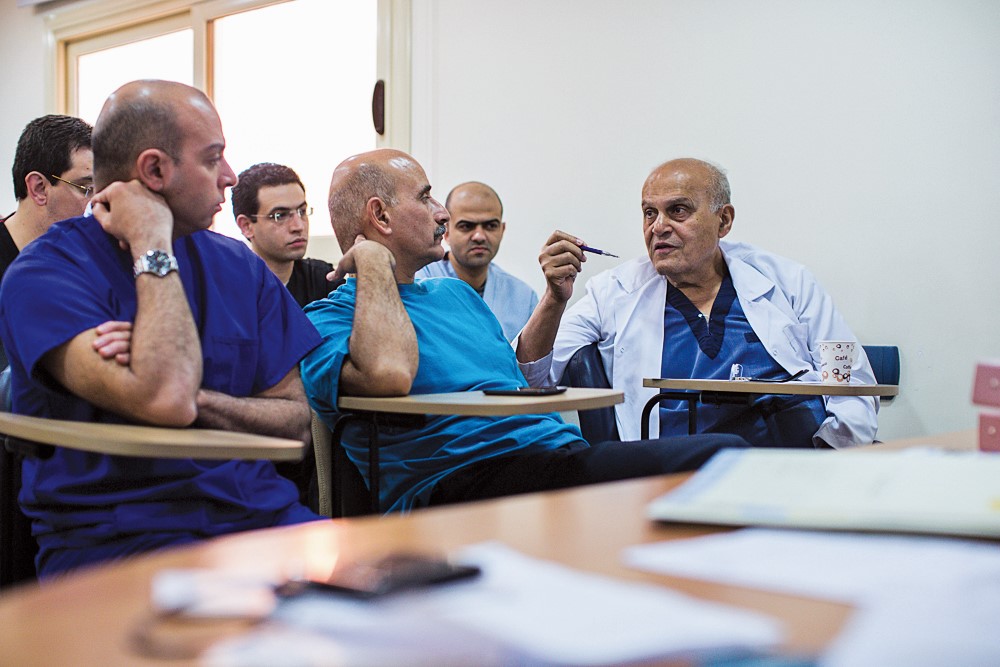Elliot Grove is a producer and advocate for independent film, founder of the Raindance Festival and the Independent Film Awards. On June 15 he’s coming to The Sloane Club to discuss his life and work
As told to Alice Cairns
I grew up on a farm outside Toronto. My parents were members of an unusual Protestant sect called the Amish: the horse and buggy people. I was always told to never, ever go to the movie theatre, because the devil lived there.
I remember the first time I saw a movie. I was 16 years old. It was harvest season, and I was waiting for a blacksmith to finish a repair. I had a few coins in my pocket, and lo and behold, I noticed that I was close to the movie theatre – the house of the devil. I paid my 99 cents, and I walked down the tunnel into a big room that looked a bit like church. The lights went off, the curtain slowly opened, and at the tender age of 16 I saw my first film – Lassie Come Home. I cried like a baby. And that's how I ended up in the film industry.
I started Raindance Festival while I was working at Chelsea Wharf, after going spectacularly bankrupt as a property entrepreneur in the crunch. My first volunteer intern was a guy called Edgar Wright [director of Hot Fuzz, Shaun of the Dead, Baby Driver]. Then I met a teenager called Chris Nolan [director of the Dark Knight, Inception, Memento] who was stacking shelves at Boots in Piccadilly and making films at the weekends. There was nowhere for them to show their work unless they went to the Edinburgh or London Film Festivals. I wanted to change that.
At Raindance, we watch every single film that is submitted to us. If you want to learn to make a film, we also have a very vibrant film school, both adult extension courses and degree and certificate courses. We have a small production company that can help you make your film, and if it's good enough, it gets into the film festival. If it's really, really good, it might get into the British Independent Film Awards, something I started in 1998.
There are two types of films being made today. There are so called big budget, Hollywood films that tell stories using lots and lots of money. And then there are the independent films – deeply passionate stories made by individuals or small collectives of people. These are the films that challenge, these are the films that innovate, and these are the films that need to be seen. At Raindance, we look for three things. First of all, a compelling story. Then we look at how it was made – is there anything about the way the filmmaker maximised limited resources to make something that looks and sounds amazing? And the third thing is the word ‘extreme’, by which I mean, the film must be extremely entertaining. I don’t care if it’s a documentary about a public execution in Iran, or a concert in Chelsea. It needs to entertain.

There’s never been a better time to be an independent filmmaker. I would say that about 15 to 20% of the films that we get into the festival are shot on cell phones. The cell phone is probably equivalent to a camera that, back in the early ‘90s, would have cost you £30,000. So, filmmaking has become a lot simpler, a lot more democratic. All you need to do is get a story, get an idea. Then you get your phone, and a couple of friends who are actors, and you point the camera at the actors and press record. You learn by doing, as with anything in life.
The world of film is changing, and that isn’t a bad thing – we just need to be ready to adapt. When you’re afraid and you do not adapt to change, you suffer dire consequences.
Whether it’s streaming, social media or new technologies, there’s never been a better time to be a storyteller, because there are so many ways to tell stories. I think that’s a wonderful thing.
I’ve come a long way from my parents’ farm, but I still remember those fields during a busy day, and they help me to come down. Making peace with yourself is important as a filmmaker, because you need the confidence to believe that the story inside you is worth telling. You’ll screw up as a filmmaker, and not every film you make will be a great one, but sometimes it’ll turn out perfect. When it does, it’s all worth it!







